College Sports Commission: What to know about NCAA's new enforcement organization
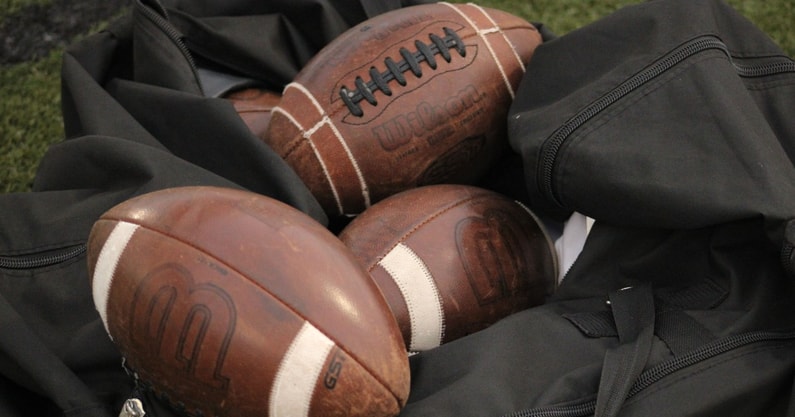
Everything above the table is on hold as college athletics awaits approval of the House v. NCAA settlement from Judge Claudia Wilken but that doesn’t mean that things aren’t currently happening behind closed doors. The settlement will bring revenue-sharing, roster limits, and a NIL clearinghouse called “NIL Go” that will be run by accounting firm Deloitte. But what happens when someone breaks the rules? This is college sports at the end of the day.
Well, the NCAA will not be giving out punishments anymore. As a part of the settlement, ACC Commissioner Jim Phillips, Big Ten Commissioner Tony Petitti, Big 12 Commissioner Brett Yormark, and SEC Commissioner Greg Sankey are expected to hire a CEO for the College Sports Commission (CSC).
What is the CSC?
It’s the new long arm of the law in the college sports space.
ESPN’s Pete Thamel reports that the CSC “will have the final say in doling out punishments and deciding when rules have been violated, according to sources, a level of singular power that never existed during the NCAA’s era of struggling to enforce its rules.”
The new CEO hire is expected to arrive after the settlement passes in time for revenue-sharing that is scheduled to begin on July 1. This new individual will make seven figures, be the face of this powerful new agency in college athletics, and will instantly become one of the most powerful figures in college athletics.
“All the institutions are going to have new membership agreements that we’re all agreeing to these new rules. The CEO is going to have responsibility to make sure everything is enforced and the governance model is sound. It’s a critically important role for the future of college sports and college football.”
Top 10
- 1Breaking
UK 10 Auburn 3
Cats win 1st SEC game!
- 2Hot
Stoops
battles emotions after win
- 3New
'They deserve it'
Stoops happy for players
- 4New
Cam Miller
Freshman WR saved the day
- 5Hot
UK vs. Auburn
Live Updates
Get the Daily On3 Newsletter in your inbox every morning
By clicking "Subscribe to Newsletter", I agree to On3's Privacy Notice, Terms, and use of my personal information described therein.
This CEO will report to a board — that will likely included the power conference commissioners — and will work directly with Deloitte to make sure rules and regulations are being followed in salary cap management.
The NCAA is still going to handle cases with eligibility and academics, but the CSC will be an enforcement arm tagged with NIL Go. This new entity will determine market value and what a player can be paid via a NIL deal. The CSC will then have the power to punish schools who violate rules or allow illegal pay-for-play. There will be an arbitration process when there are violations. The expectation is that the process will move much, much quicker for violations than the old system that required years of waiting time.
The power conference leaders currently have a plan to prevent more antitrust lawsuits. If all members agree to sign an agreement contract, it sets up a real structure with checks and balances. Now can this plan realistically be executed without athletes involved in any of these decisions? We will probably find out soon.
More change is on the way.
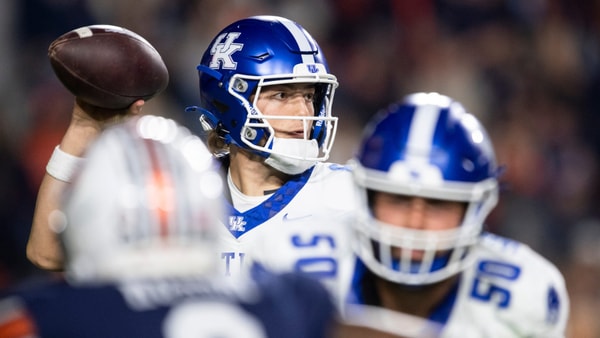
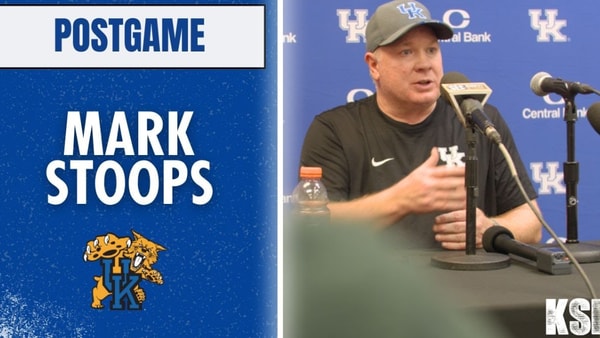
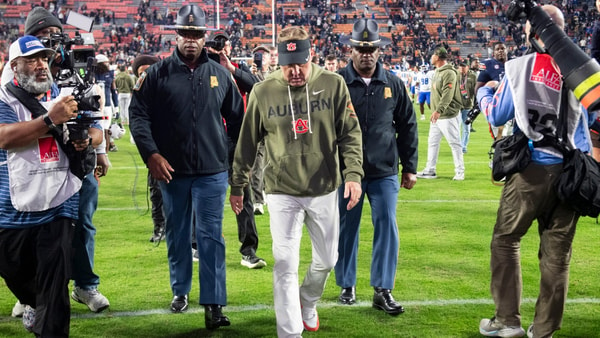
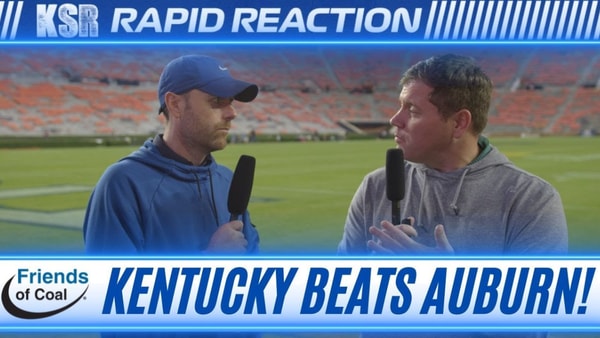
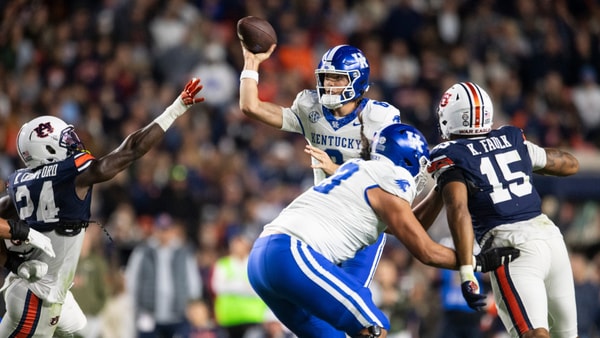
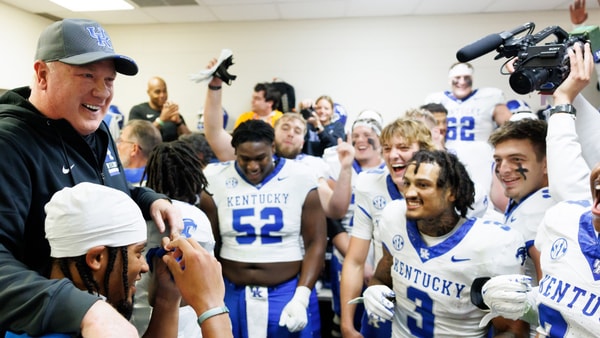
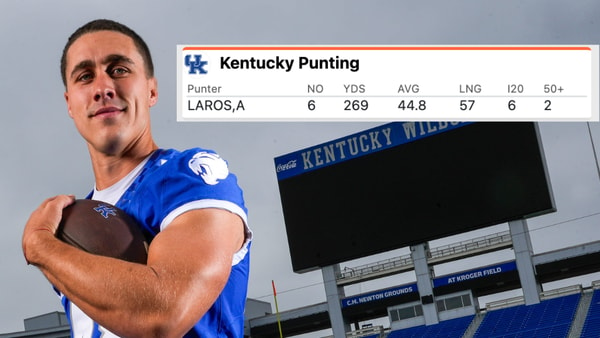
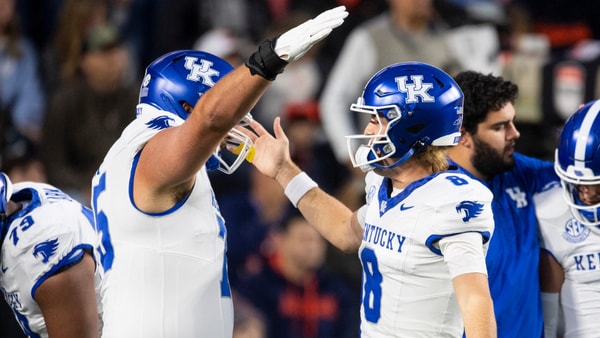
Discuss This Article
Comments have moved.
Join the conversation and talk about this article and all things Kentucky Sports in the new KSR Message Board.
KSBoard